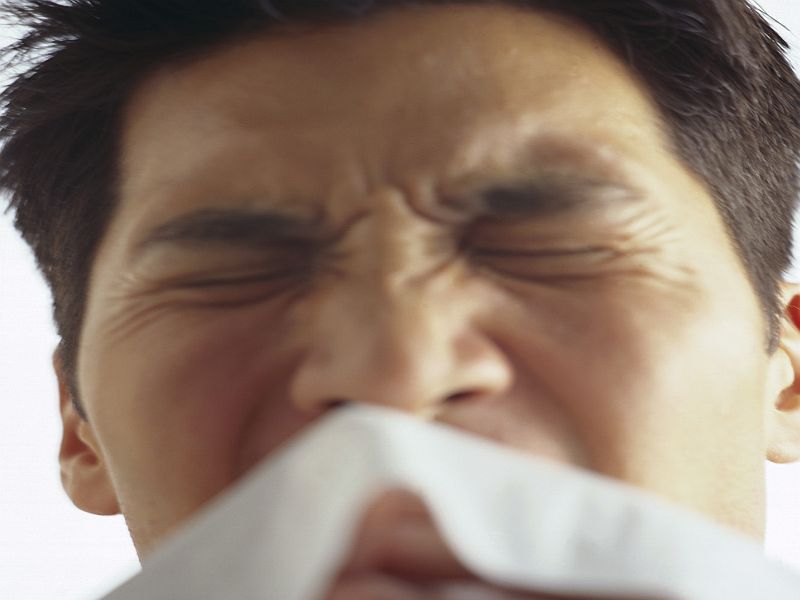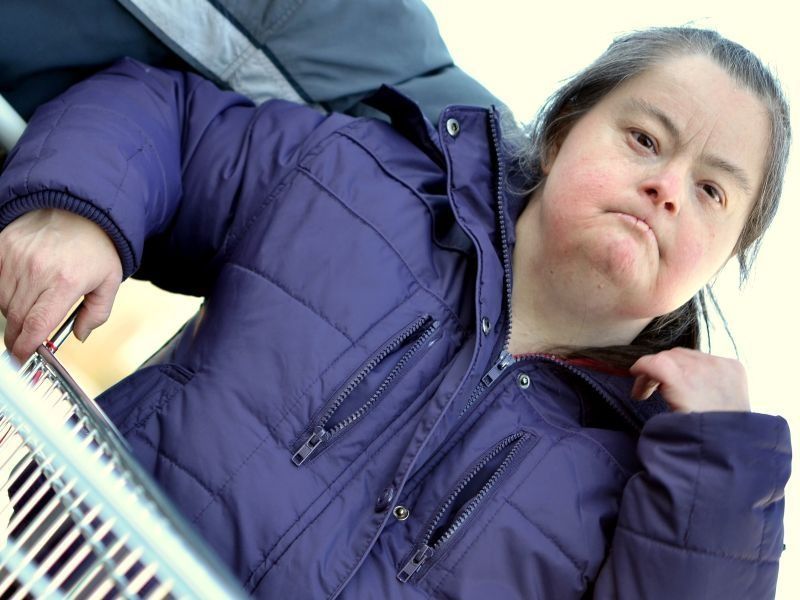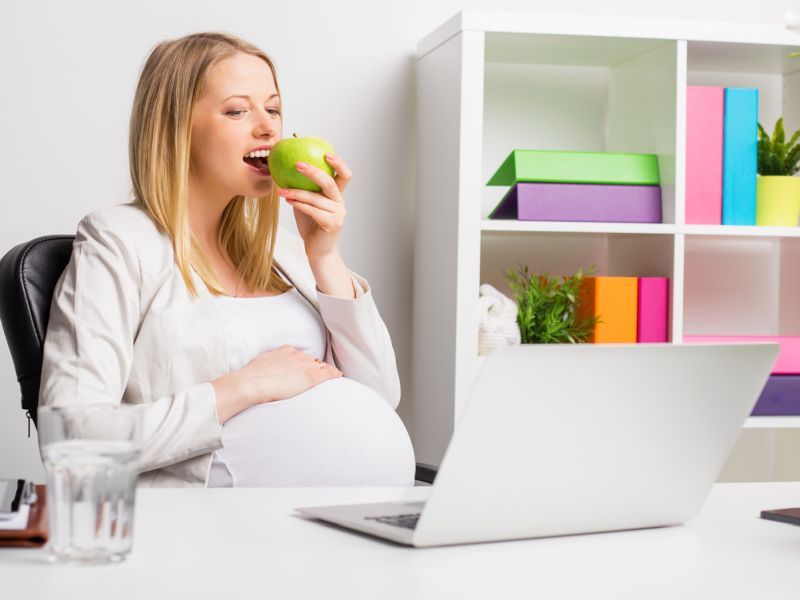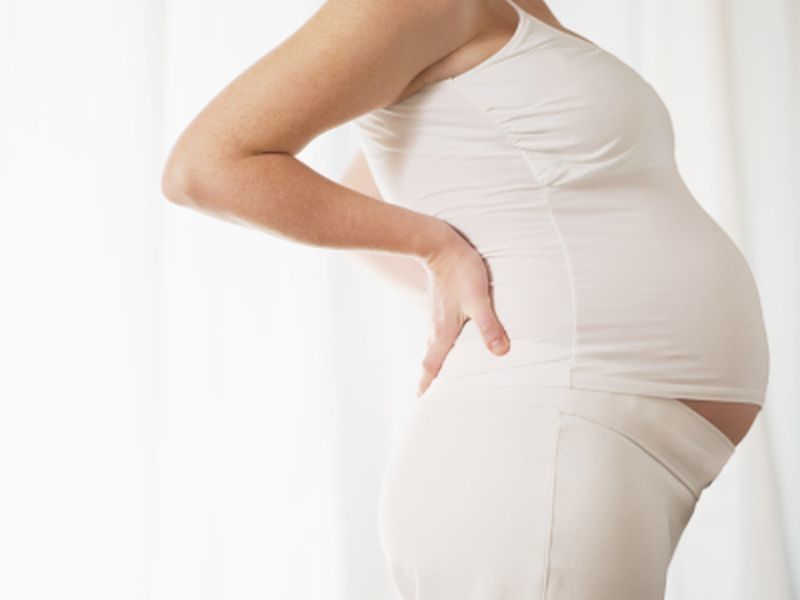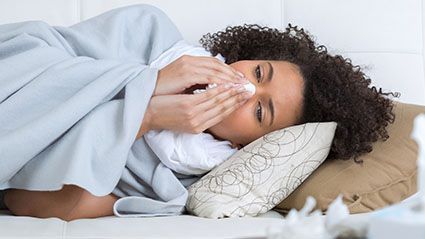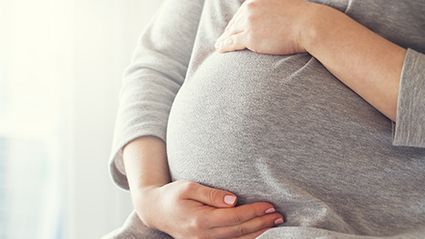
Children whose mothers used antibiotics in pregnancy may have a slightly heightened risk of asthma, a new study suggests. Experts were quick to point out the finding does not prove cause and effect, and the reasons for the antibiotic use — rather than the drug — might explain the link, said lead researcher Cecilie Skaarup… read on > read on >











